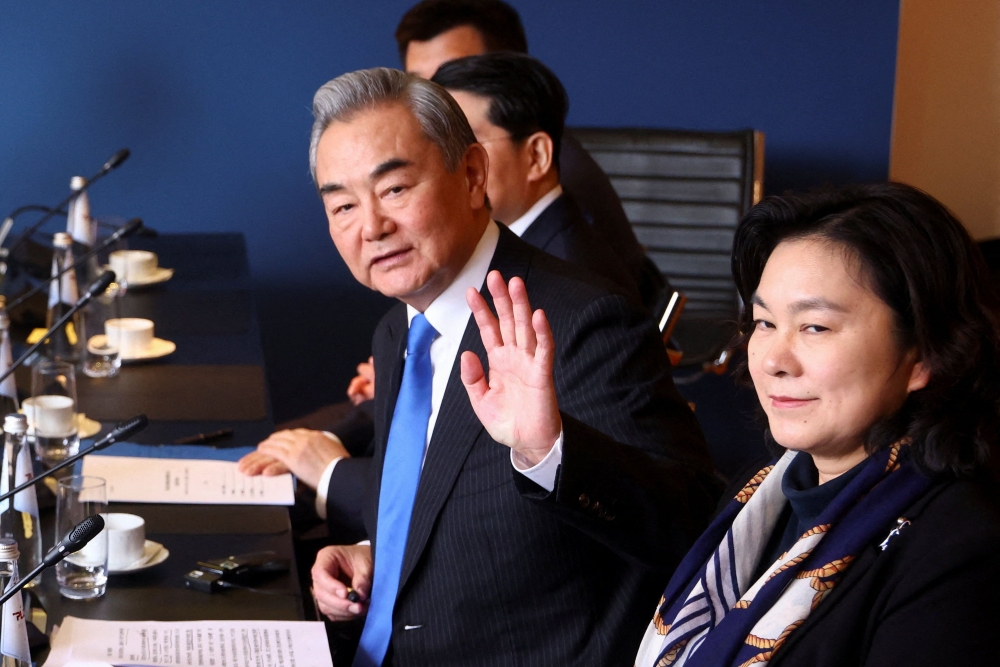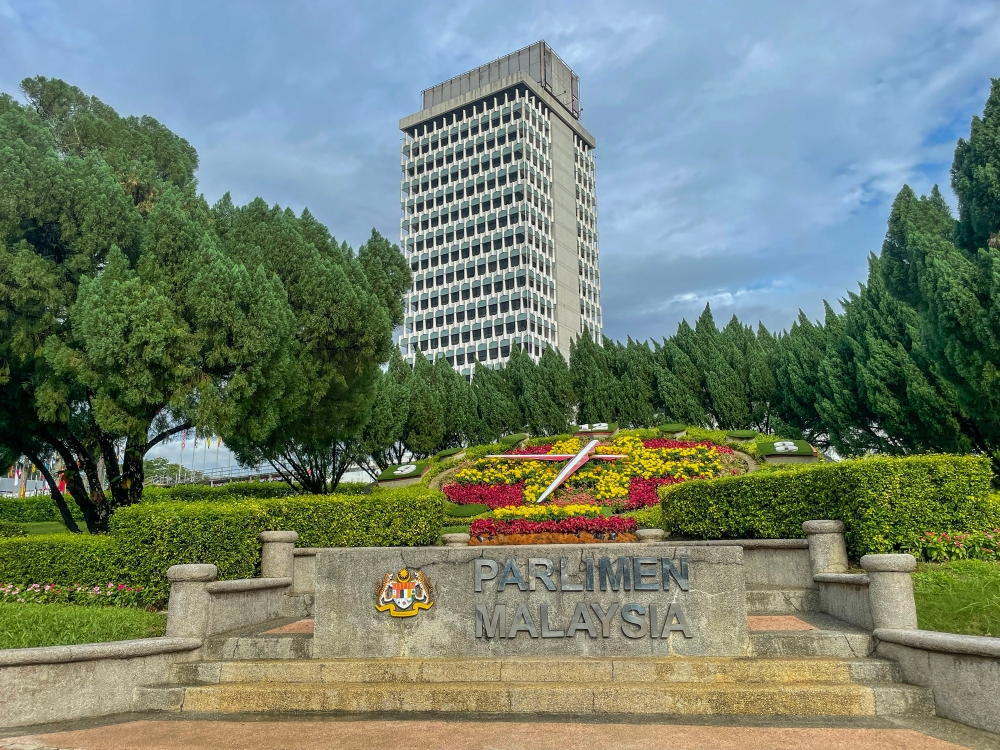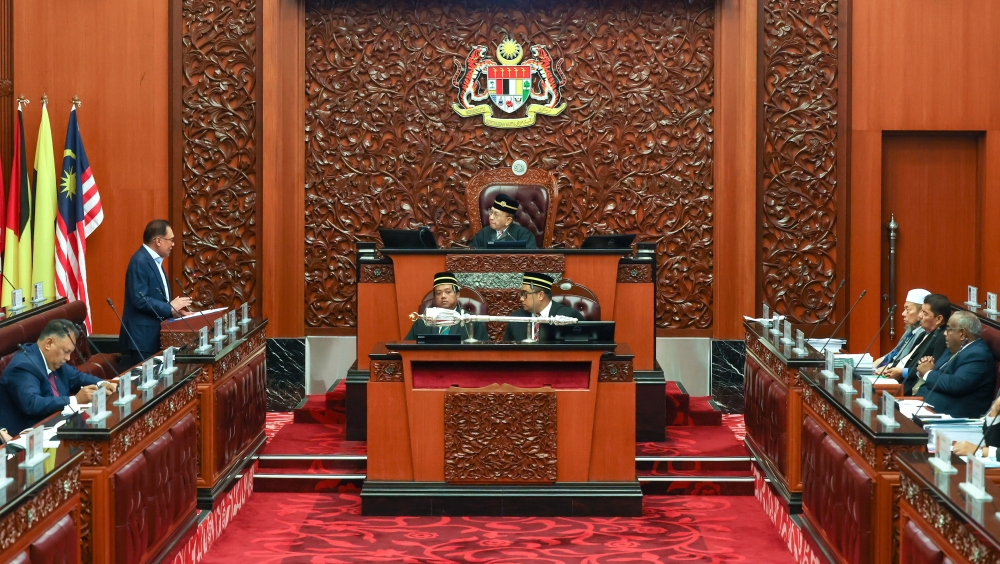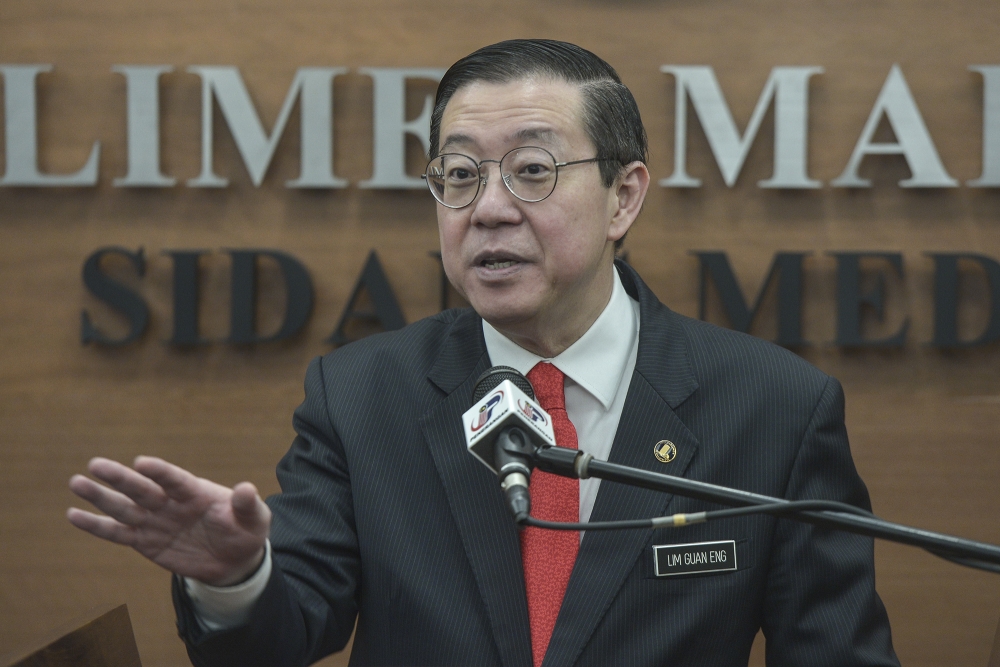KUALA LUMPUR, April 3 — A Bill proposing to make the death penalty an option and no longer mandatory was passed via a voice vote after it was tabled for its third reading in Parliament today.
Deputy Dewan Rakyat Speaker Alice Lau called for the vote after Deputy Minister in the Prime Minister’s Department (Law and Institutional Reforms) Ramkarpal Singh’s winding-up speech on the Bill.
The Abolition of Mandatory Death Penalty Bill would give judges the discretion on the death penalty rather than requiring them to do so when convicting on offences that made them mandatory.
The amendments in the Bill also include replacing life and natural life imprisonment (until death) as an alternative to the mandatory death sentence, with the new alternative of jail of between 30 and 40 years as well as no fewer than 12 strokes of the cane.
The Bill must now to be approved in the Dewan Negara as well before being presented to the Yang di-Pertuan Agong for royal assent.
At a press conference later, Ramkarpal said the Bill’s passage was significant development, particularly for Malaysia’s criminal justice system.
“The death sentence is still there, to a certain extent, but will be implemented differently from now on, compared to how it was implemented in the past.
“In terms of reforms, obviously there are many reforms that are consequential to the amendments which must be looked into as well.
“Prison Department reforms is one, which I touched on quite a bit earlier, other aspects include victim compensation and so on. These are all consequential to the Bill,” he said, adding that the government was committed to pursuing those reforms urgently.
When asked about opponents of the abolition, Ramkarpal said the government has met with some including the families of crime victims.
“We certainly sympathise with their position, but we have also tried to inform and convince them that death penalty is not as effective as it was thought to have been.
“We want to explore and look at other holistic measures at how to combat crime, reduce crime, particularly major crimes, heinous crimes and so on.
“In order to achieve that, we need to look at other ways of sentencing, perhaps the death sentence is not the answer to reducing such cases,” he added.
Former DAP Batu Kawan MP Kasthurirani Patto, who was present and among those who fought to abolish the mandatory death penalty, said Malaysia would now have more respect from the United Nations (UN), given its position in the UN Human Rights Council.
“I think we have earned a bit of that respect, to be amongst country that not only said to abolish but we have done it, even if it’s for the mandatory death penalty first.
“Malaysia remains as one of the countries that has the highest number of offences that have the death penalty — 33. Others reserve the death penalty for very heinous crimes,” she said adding that work is not over, and that it has just begun.
She added that Malaysia was among countries that voted to support a UN moratorium on the use of the death penalty last year.
“To be have voted yes there, I would like the government to not to change its position on the moratorium, to keep the moratorium ultimately a country that sits on the board of the UN human rights council cannot be executing people, it is a violation of the universal declaration of human rights,” she said.






















